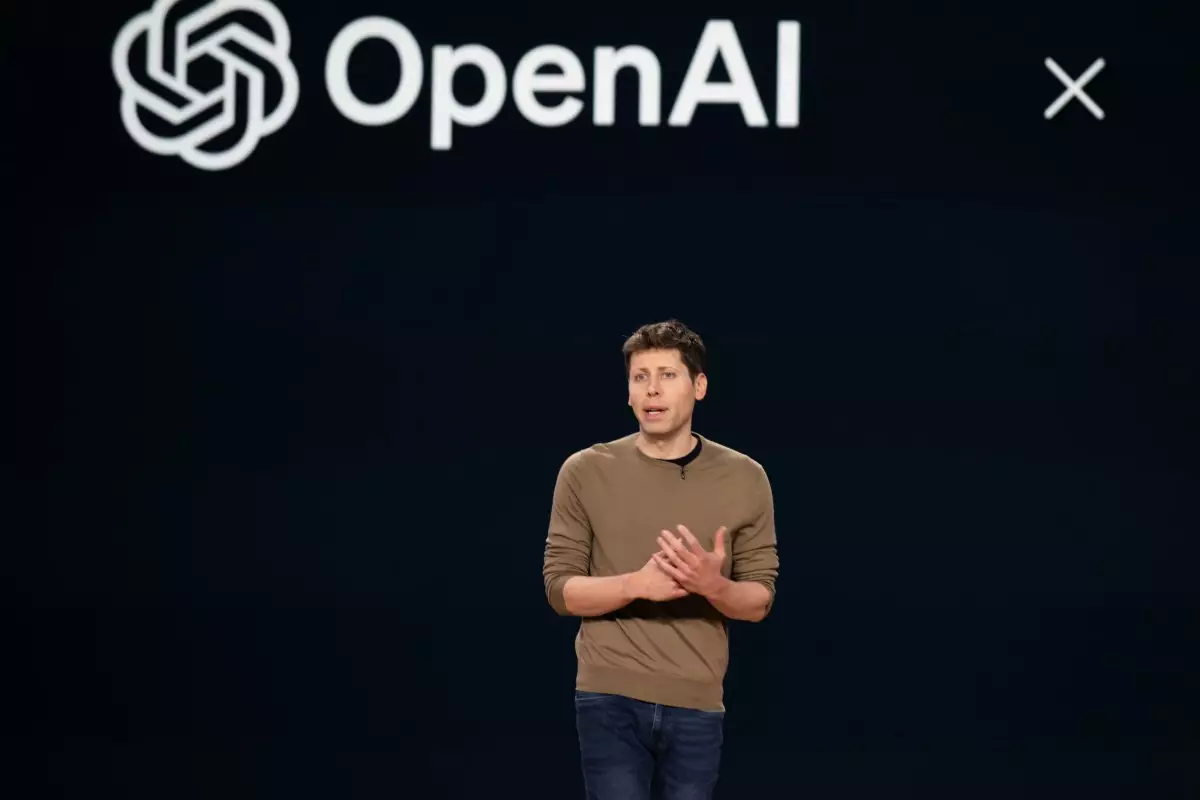The rapid advancement of artificial intelligence (AI) has ignited a wave of legal challenges worldwide, particularly when it comes to copyright and intellectual property. One of the most significant cases is unfolding in India, where Asian News International (ANI), one of the country’s leading news agencies, has initiated legal proceedings against OpenAI. This case, filed in the Delhi High Court, could set a vital precedent regarding AI’s relationship with copyrighted content, affecting media organizations and AI companies alike.
ANI’s lawsuit against OpenAI alleges that the tech firm unlawfully utilized its copyrighted news content to train its AI models without permission. The complaint points out that OpenAI has misrepresented ANI by generating inaccurate information, including fabricated interviews attributed to the agency, most notably one allegedly featuring a conversation with Rahul Gandhi. Such fabrications not only mislead the public but also threaten ANI’s credibility and integrity. The allegations spotlight a growing concern among content creators about how AI systems process and generate information using their work.
During a recent court hearing, Justice Amit Bansal issued a summons to OpenAI, prompting discussions around jurisdiction and procedural concerns. OpenAI maintains that it does not operate servers in India and thus claims the case may lack jurisdiction. This argument introduces a complex layer to the lawsuit, reflecting broader legal questions about how copyright laws apply in a global context, especially when entities operate across national borders. Conversely, ANI’s legal representatives argue that the public availability of content does not inherently grant permission for exploitation, emphasizing the need for clearer guidelines regarding AI’s interactions with existing material.
One of the most alarming aspects raised in this case is the phenomenon of AI “hallucinations,” where systems like ChatGPT generate believable but entirely fictitious narratives. ANI expresses particular concern that these inaccuracies can adversely affect its reputation. The ramifications of spreading fake news are significant, potentially leading to public disorder and undermining trust in media. As companies like OpenAI grapple with these challenges, the case underscores the necessity for robust ethical frameworks for AI content generation, particularly in journalism.
As the legal situation develops, the Delhi High Court plans to appoint an independent expert to delve into the complexities of copyright implications related to AI models. The judge will also seek to understand the technical infrastructure behind news distribution across platforms, setting the stage for a multifaceted examination of AI’s evolving role within media. This aspect may not only influence the current case but could also shape future legislation surrounding AI and copyright in India and beyond.
The ongoing legal battle between ANI and OpenAI represents a pivotal moment in the intersection of media, technology, and law. As AI continues to proliferate globally, clarifying the boundaries of copyright usage is crucial for protecting the rights and reputations of content creators. This landmark case offers a unique opportunity to establish relevant legal precedents that could guide future AI applications, ensuring a more collaborative relationship between technology and the industries it impacts.

